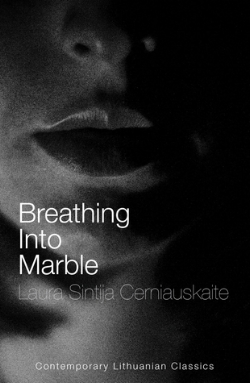All the Lights Clemens Meyer (Germany): 2008; translated by Katy Derbyshire, & Other Stories, 2011.
Completely enjoyable collection of short stories where all of the characters deal with loss in some way. In spite of this downer of a subject, each character forges on and searches for the next bit of success, regardless of terrible odds, and there is an upbeat feel to each story. I prefer the storytelling in Meyer’s Bricks and Mortar better, but still I found this to be a solid and highly recommended collection.














